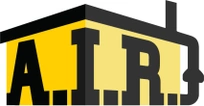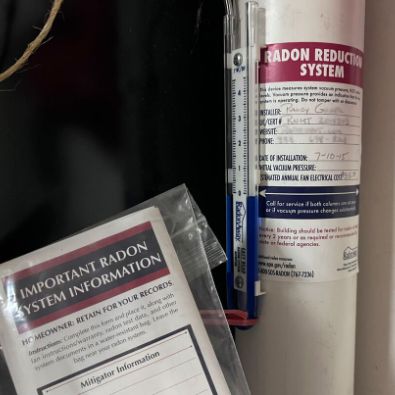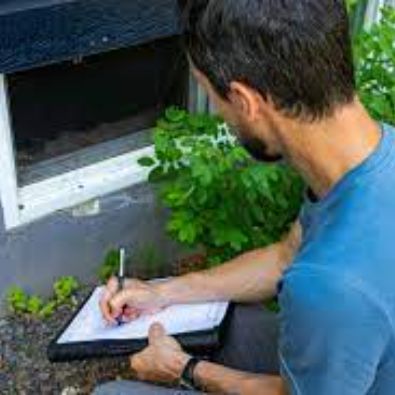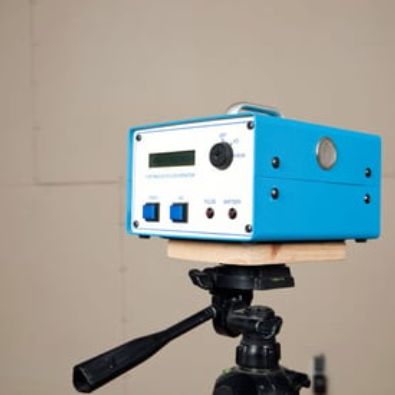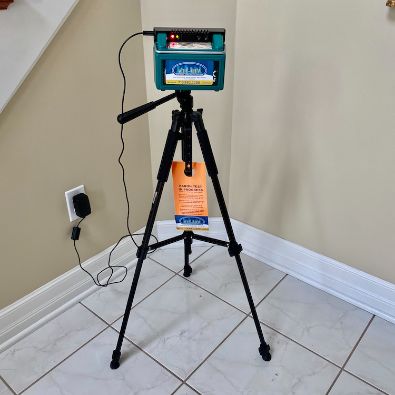Radon Testing & Inspection
Call Now! Schedule Your Radon Testing & Inspection 319-231-3948
Radon is a naturally occurring, odorless, colorless, and tasteless gas that can be found in the soil and rocks beneath homes in Booneville, Iowa. It is a known carcinogen and can cause serious health problems if it accumulates in the air of a home. That’s why it’s important to have your home tested for radon and inspected for any potential sources of radon. All Iowa Radon is a trusted radon testing and inspection company in Booneville, Iowa that can help you protect your family from the dangers of radon.
Radon is the second leading cause of lung cancer in the United States, and it is estimated that 1 in 15 homes in the United States have elevated levels of radon. Radon can enter your home through cracks in the foundation, gaps around pipes, and other openings. It can also be released from building materials, such as concrete and drywall. All Iowa Radon can help you identify any potential sources of radon in your home and provide you with a comprehensive radon testing and inspection.
All Iowa Radon uses state-of-the-art equipment to test for radon levels in your home. They will also inspect your home for any potential sources of radon and provide you with a detailed report of their findings. If they find elevated levels of radon, they can provide you with a plan of action to reduce the levels in your home. This may include sealing cracks and gaps in the foundation, installing a radon mitigation system, or other measures.
Protecting your family from the dangers of radon is important, and All Iowa Radon can help. They offer comprehensive radon testing and inspection services in Booneville, Iowa, and can help you identify any potential sources of radon in your home. Don’t wait, contact All Iowa Radon today to schedule your radon testing and inspection.
Booneville, Iowa is a small town located in the central part of the state. It is part of the Des Moines-West Des Moines Metropolitan Statistical Area and has a population of just over 1,000 people. The town was founded in 1854 and was named after Daniel Boone, the famous American pioneer. Booneville is home to a variety of businesses, including a grocery store, a hardware store, and a few restaurants. The town also has a public library, a post office, and a few churches.
Booneville is home to the Booneville Historical Museum, which houses artifacts from the town's past. The museum is open to the public and offers a variety of exhibits, including a replica of the original Booneville schoolhouse. The town also has a number of parks, including the Booneville City Park, which features a playground, picnic areas, and a walking trail.
Booneville is home to the Booneville High School, which is part of the Boone Community School District. The school offers a variety of sports and activities, including football, basketball, baseball, and softball. The school also has a marching band and a drama club.
Booneville is home to the Booneville Community Theatre, which produces a variety of plays and musicals throughout the year. The theatre also hosts a variety of special events, including concerts and movie nights. The town also has a number of festivals, including the Booneville Fall Festival, which is held every October.
Booneville is a small town with a lot to offer. From its historical museum to its parks and festivals, Booneville is a great place to visit and explore. Whether you're looking for a quiet place to relax or an exciting place to explore, Booneville has something for everyone.
Local Radon Testing & Inspection Experts Call NOW! 319-231-3948
Booneville, Iowa has a long history with radon. Radon is a naturally occurring radioactive gas that is found in the soil and rocks of the area. It is odorless, colorless, and tasteless, and can be found in both indoor and outdoor air. Radon is the second leading cause of lung cancer in the United States, and it is important to be aware of the potential risks associated with it.
Radon was first discovered in Booneville in the late 1970s. At the time, the Environmental Protection Agency (EPA) was conducting a nationwide survey of radon levels in homes. The survey found that Booneville had some of the highest levels of radon in the country. This prompted the EPA to launch a study to determine the source of the radon and to develop a plan to reduce the levels in Booneville.
The EPA's study found that the high levels of radon in Booneville were due to the area's geology. The soil and rocks in the area contain uranium, which is a naturally occurring radioactive element. When uranium decays, it releases radon gas into the air. The EPA's plan to reduce radon levels in Booneville included installing radon mitigation systems in homes and businesses, as well as educating the public about the risks associated with radon.
Since the EPA's study, Booneville has taken steps to reduce radon levels in the area. The city has implemented a radon mitigation program, which includes testing homes and businesses for radon levels and providing radon mitigation systems when necessary. The city also provides educational materials to the public about the risks associated with radon and how to reduce exposure.
Booneville's history with radon is a reminder of the importance of being aware of the potential risks associated with radon exposure. The city has taken steps to reduce radon levels in the area, but it is still important to be aware of the potential risks and to take steps to reduce exposure. By taking the necessary precautions, Booneville residents can help protect themselves and their families from the dangers of radon.
Contact Us For A Free Quote!
Our team of experts is ready to provide you with personalized guidance and deliver exceptional results.
